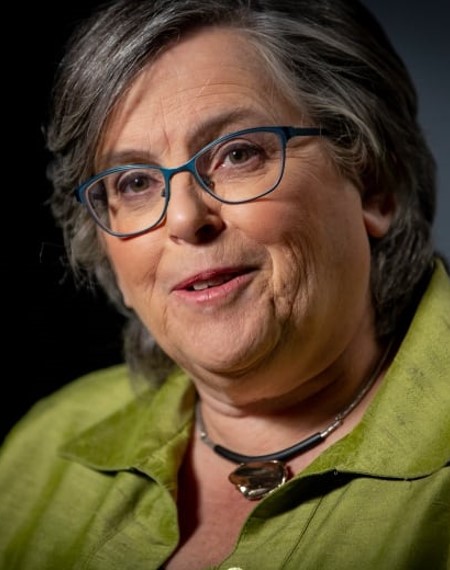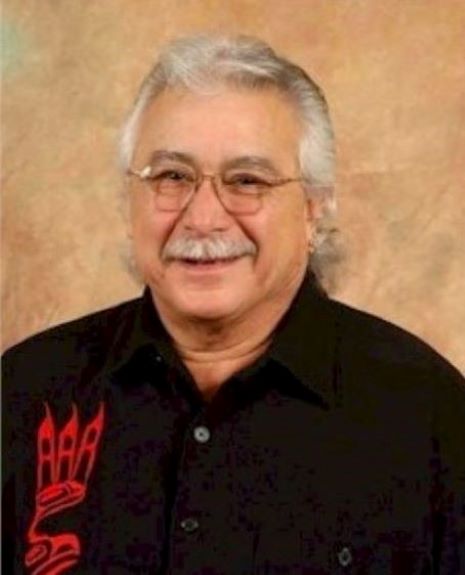2015 INDUCTEE Duncan Sinclair, PhD Health Policy, Health and Medical Education & Training, Leadership in Organizational Development
November 2, 1933
(Rochester, New York)
DVM, VS, Ontario Veterinary College (1958)
MSc (Agriculture), University of Toronto (1960)
PhD, Queen’s University (1963)
2020: Member of the Order of Canada
2005: Ontario Senior of the Year - Kingston (with Leona M. Sinclair)
See All AwardsAwards & Honours:
2020: Member of the Order of Canada
2005: Ontario Senior of the Year - Kingston (with Leona M. Sinclair)
2002: Life Governor, Kingston General Hospital
2001: Queen Elizabeth II Golden Jubilee Medal
2000: LLD (Honoris causa), Queen’s University
2000: Paul Harris Fellow, Rotary International
1999: Distinguished Alumnus Award, Ontario Veterinary College, University of Guelph
1996: Distinguished Service Award, University Council, Queen's University
1996: John Orr Award, Toronto Branch, Queen's Alumni Association
1989: Honorary Fellow of the Royal College of Physicians and Surgeons of Canada
1983: Schofield Medal, Ontario Veterinary College, University of Guelph
1966 - 1971: Markle Scholar in Academic Medicine, The Markle Foundation (held at Queen's University)
1963 - 1965: Meres Senior Scholarship in Medical Research, St. John's College, Cambridge University
1962 - 1963: US Public Health Fellowship, Columbia University
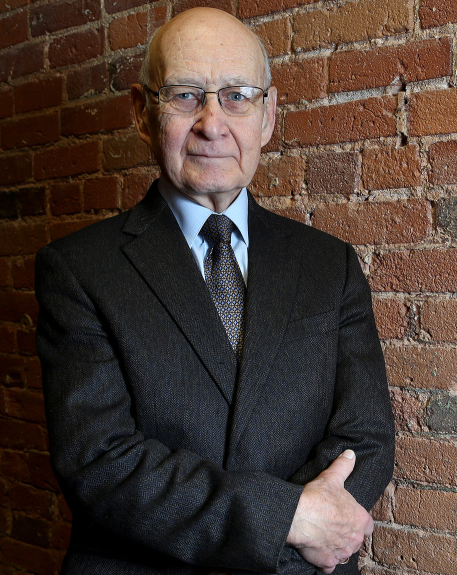
Implemented policy for the advancement of health care
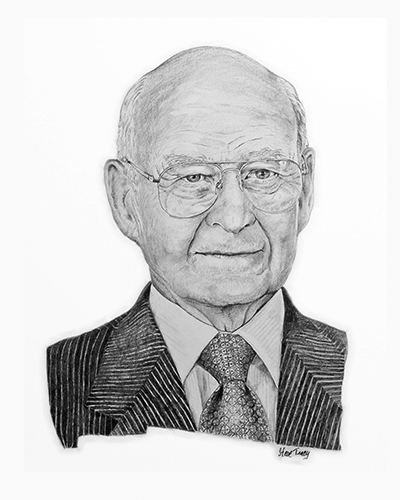
An Innovative and Visionary Leader in Health Care Reform
After training at the Ontario Veterinary College and pursuing a masters of science in agriculture, Dr. Sinclair completed a PhD in physiology at Queen's University. He later joined the faculty at Queen’s where he proved himself to be an exceptional leader. As Dean of Medicine, he redefined regional health care education, expanding and strengthening ties with partner hospitals. Later, Dr. Sinclair’s astute and pragmatic leadership was called upon in health care reform. His rational, courageous and diplomatic leadership led to a re‐defined health system in Ontario. Over the course of his long and varied career, Dr. Sinclair has been a trusted advisor and counsellor to many. The students, faculty, alumni, principals, premiers and prime ministers with whom he has worked hold him in the highest esteem.
Key Facts
He is the first non-MD to be Dean of Medicine in Canada
His efforts led to the creation of North America’s first alternative funding program for academic medicine, viewed as a gold standard in Canada for academic physician compensation
Served as founding chair and acting CEO of Canada Health Infoway, an organization designed to foster the development of a national capacity for health information management
Professional timeline
Impact on lives today
Duncan Sinclair's legacy in health care will continue for many years to come. His ability to highlight the limitations of current structures, and then to effectively negotiate for improved systems, has left a lasting positive influence on the health care system. Dr. Sinclair's handling of health care reform reflected his wisdom that the need for efficiency during a period of fiscal restraint must be balanced so that such restraints did not impact quality of care. This stance is one for which all those who access health care systems can be thankful.
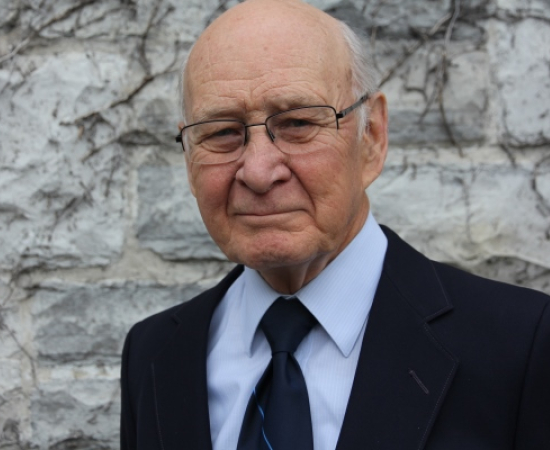
2026
-
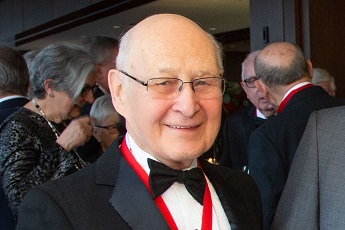
Duncan Sinclair inducted into the Canadian Medical Hall of Fame
Winnipeg, Manitoba
-
As chair of the Associated Medical Services board, Dr. Sinclair led the creation of the AMS Phoenix Project, which focused on helping health professionals develop and sustain their abilities to provide humane care
Leadership in Organizational Development, Health and Medical Education & Training -

The Duncan G. Sinclair Lectureship in Health Services and Policy Research was established at Queen’s University
-
Despite his retirement, Dr. Duncan Sinclair took on arguably his most challenging task in 1996 when he agreed to chair the Health Services Restructuring Commission of Ontario
Health Policy, Leadership in Organizational DevelopmentThe HSRC was given the power of the government to restructure the province’s 225 public hospitals and asked to recommend changes to other areas of health care. The Commission reflected the largest restructuring activity the Ontario health care system had ever seen.
-
Homme à la fois visionnaire et pragmatique, Duncan Sinclair joue un rôle très important dans le cadre du Forum national sur la santé.
Dans un cadre où des points particulièrement litigieux sont soulevés, monsieur Sinclair démontre son talent de médiateur alors qu’il cherche à assurer un équilibre entre l’attention portée aux déterminants sociaux de la santé et le besoin de maintenir un solide système de soins pour la population.
-
A pragmatic visionary, Dr. Sinclair played a key role in National Forum on Health
In a contentious atmosphere, Dr. Sinclair proved his capacity for mediation as he balanced attention on the social determinants of health with the need to sustain a strong system of care for individuals.
-
Having gained a well-respected reputation for health leadership, Dr. Sinclair was seconded to the Medical Research Council to serve as its Director General of Program Operations
Leadership in Organizational Development -

Over his long tenure at Queen’s University, Dr. Sinclair held many important positions of leadership
Leadership in Organizational Development, Health and Medical Education & TrainingFrom 1974-1983, he served as Dean of the Faculty of Arts and Science. He was then appointed Vice Principal (Institutional Relations) and would go on to serve as Vice Principal, Services and Vice Principal, Health Sciences which included a second deanship leading the faculty of medicine.
-
Duncan Sinclair joins the faculty at Queen's University as a Markle Scholar in Academic Medicine
This following obtaining a Doctor of Veterinary Medicine at the Ontario Veterinary College, a Masters of Science in Agriculture at the University of Toronto and a PhD in physiology at Queen's University
1966
He is a pragmatic visionary with enormous talent.

